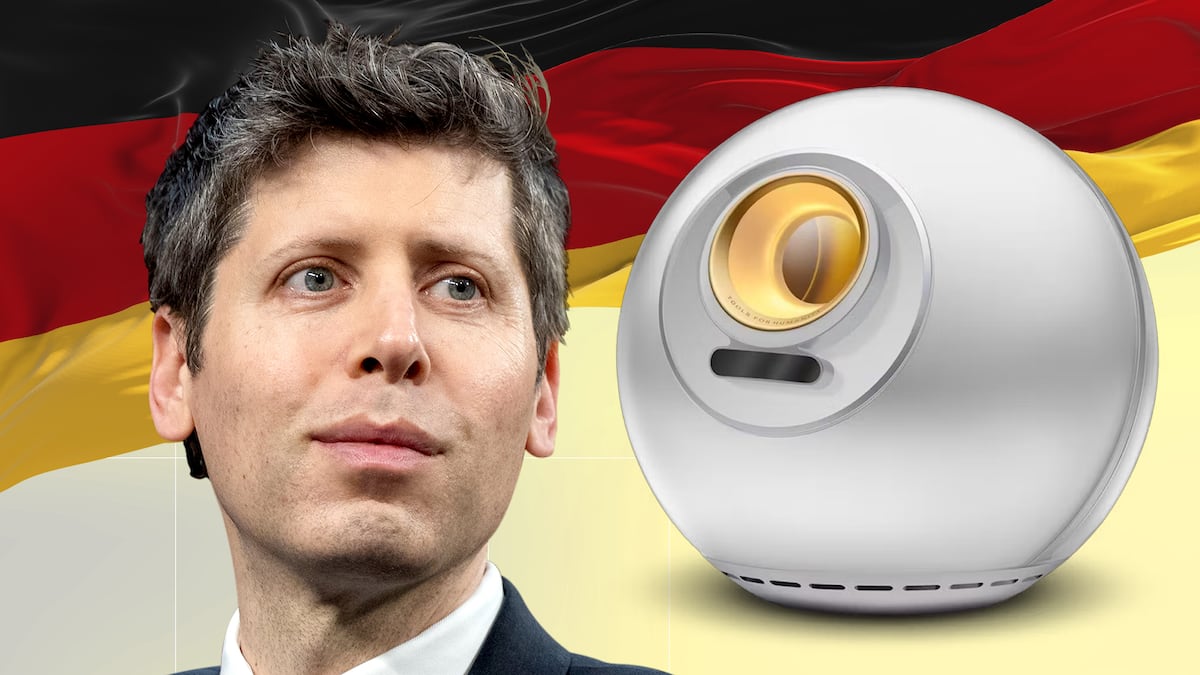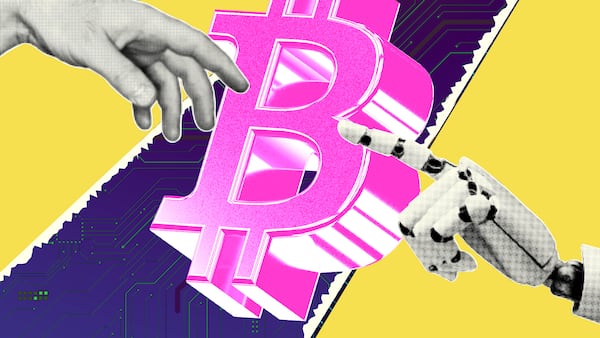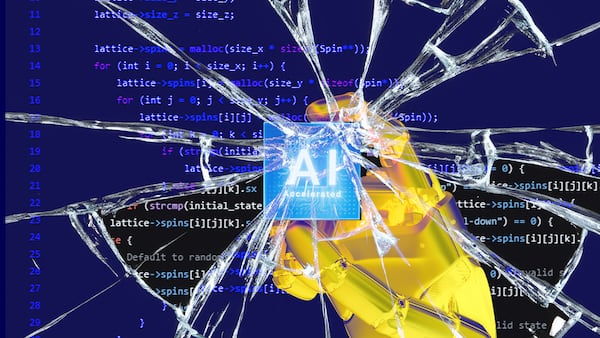- World told DL News it plans to launch a flagship store in Munich.
- The company is updating its legal structure and processing activities.
- In December 2024, a German data agency ordered World to delete its iris codes.
World, the controversial crypto project co-founded by OpenAI’s Sam Altman, has paused its iris-scanning operations in Germany.
When locating World Orb stations in Germany, the company’s website indicates that the “Orbs will return soon.”
Orbs are the silver, basketball-sized spheres that scan users’ irises to verify their identity and join the company’s identification network. There were dozens of stations throughout the country as early as April.
World, formerly known as Worldcoin, is updating the stations and has plans to launch a flagship store in Munich, a company spokesperson told DL News.
They declined to share when exactly World would relaunch Orb verification in Germany. The WorldApp, the company’s crypto wallet, has not been paused.
Founded in 2019, World’s identification venture is premised on the idea that in the near future, it will be more challenging to determine who is a bot online due to the rise of artificial intelligence technology — like ChatGPT developed by OpenAI.
The bet has attracted some of Silicon Valley’s most notable venture capitalists.
In May, World raised $135 million in a WLD token sale to earlier investors a16z crypto and Bain Capital Crypto.
Today its World Chain boasts a total value locked of just over $53 million, according to DefiLlama data.
Orbs and WorldID
Orbs play a critical role in Altman’s iris-scanning venture.
They convert the iris scan into a string of letters and numbers, known as an iris code. Instead of a phone number, email address, or passport, the iris code becomes the basis of users’ WorldID.
Tools for Humanity, the company developing World, hopes that WorldID will become as ubiquitous as Google’s sign-in feature.
In exchange for scanning their eyes, users can receive the project’s native cryptocurrency, the WLD token. Users can also earn WLD tokens for referring other users to get scanned.
This process takes place at various physical stations and kiosks, including those located in malls, convenience stores, and art galleries.
The operators of the Orb stations are third-party companies that earn WLD rewards for scanning individuals. Those third-party companies must undergo a due diligence process before they can become operators.
An operator contract obtained by DL News indicates that operators cannot state that they work for World or Tools for Humanity.
These operators were at the front lines of a long-running scheme in Berlin last Spring.
Organised groups paid refugees and the unsheltered cash to scan their eyes at different Orb stations throughout the city in exchange for the WLD rewards they earned for scanning.
At least one group in Berlin that enlisted these recruits may have earned nearly $700,000 worth of tokens in March and April, when the token was at its peak, according to a DL News analysis.
GDPR gripes
The overhaul comes amid an ongoing legal battle between World and the Bavarian State Office for Data Protection, which is responsible for ensuring the company complies with Europe’s strict data privacy rules, known as GDPR.
The agency began investigating the company in 2022 due to concerns about its handling of sensitive biometric data.
In December 2024, the agency declared that World had violated data privacy rules and ordered it to delete the iris codes it had collected, according to the agency’s 132-page enforcement order.
The agency also reprimanded the company for storing plain-text iris codes in a database from July 24, 2023, to May 14, 2024.
World stated that it had deleted these iris codes when it introduced its secure multiparty computation system in May 2024. A World representative told DL News they do not know how many iris codes were deleted.
Authorities in Spain and Portugal suspended the company from operating in those countries in 2024 after they received complaints that minors were being scanned.
World quietly relaunched operations in Portugal this year.
World refuted the BayLDA’s judgment and filed an appeal in a Bavarian court in Ansbach in December 2024.
World does not need to stop operations during the appeals process.
‘Harrison Ford story’
Since then, the company has undergone numerous changes to key components of its operations, including its legal structure and data processing activities, Michael Will, president of the BayLDA, told DL News.
Instead of deleting user iris codes, World began storing and encrypting this data across several servers in May, including those at UC Berkeley and the University of Erlangen-Nuremberg, as well as with the Ethereum client provider Nethermind.
The objective? To make it impossible to identify any one person using the iris codes.
“Like in a Harrison Ford story, as long as no one has all the puzzle pieces of this former picture, you do not have personal information,” Will told DL News. “As long as this is really enforceable and really guaranteed, we have anonymisation.”
Will said he and his team will call upon external support from scientists to evaluate this process.
A World representative told DL News the company will update its terms of service and privacy policy to reflect these changes to its data processing in Europe “shortly.”
Meanwhile, the court procedure is ongoing.
Will expects the first hearing to take place in approximately one year.
Liam Kelly is DL News’ Berlin-based DeFi correspondent. Got a tip? Email at liam@dlnews.com.









